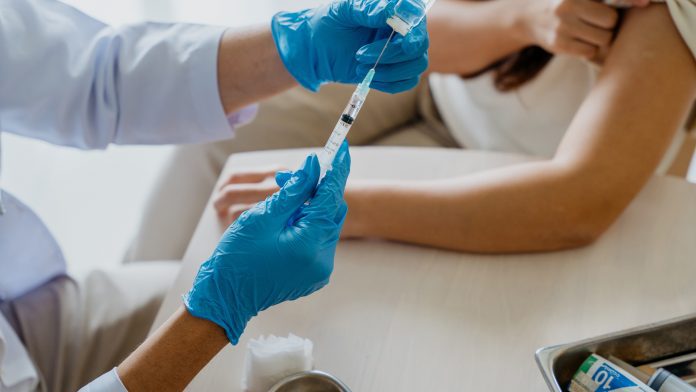
Medicines and Healthcare products Regulatory Agency (MHRA) have approved a new COVID-19 vaccine by Valneva for use in the UK.
Valneva, a speciality vaccine company, has developed the VLA2001 COVID-19 vaccine to alleviate the growing burden of COVID-19. Currently, the vaccine is the only whole virus, inactivated, adjuvanted vaccine candidate in clinical trials in Europe.
The MHRA has announced that the Valneva COVID-19 vaccine has gained approval following a vigilant regulatory process that includes inspections into the safety, quality, and effectiveness of the vaccine.
What is the MHRA?
The MHRA play a key role in protecting and improving public health. They are responsible for:
- Ensuring medicines, medical devices and blood components for transfusion meet applicable standards of safety, quality and efficacy,
- Ensuring that the supply chain for medicines, medical devices and blood components is safe and secure,
- Promoting international standardisation and harmonisation to assure the effectiveness and safety of biological medicines,
- Helping to educate the public and healthcare professionals about the risks and benefits of medicines, medical devices and blood components for safety and effectiveness,
- Supporting innovation and research and development,
- influencing UK, EU and international regulatory frameworks so that they’re risk-proportionate and effective at protecting public health.
The MHRA is the first in the world to approve the Valneva COVID-19 vaccine, which becomes the sixth COVID-19 vaccine to be granted an MHRA authorisation.
Dr June Raine, MHRA Chief Executive, said: “Our approval of the COVID-19 vaccine made by Valneva today follows a rigorous review of the safety, quality and effectiveness of this vaccine, and expert advice from the government’s independent scientific advisory body, the Commission on Human Medicines.”
The Valneva COVID-19 vaccine
The Valneva COVID-19 vaccine is the first whole virus inactive vaccine to gain regulatory approval in the UK. This type of vaccine is completely grown in a lab and then made to be inactive so it cannot infect cells or replicate in the body but can still trigger an immune response to the COVID-19 virus. This process is widely used already in the production of flu and polio vaccines.
Professor Sir Munir Pirmohamed, Chair of the independent Commission on Human Medicines, said: “The independent Commission on Human Medicines and its COVID-19 Expert Working Group has carefully considered the available evidence are pleased to say that we have advised that the benefit-risk balance is positive. The vaccine is approved for use in people aged 18 to 50 years, with the first and second doses to be taken at least 28 days apart.
Each type of vaccine has a different pattern of antibody response over time. For the Valneva vaccine, two doses are required before a robust antibody response is raised. This means that people will need to be made aware that protection will only start after two doses.
The storage temperature for the Valneva vaccine – of 2°C to 8°C – is similar to that of a domestic fridge, making it appropriate for use in countries where storage at very low temperatures is not possible.”










